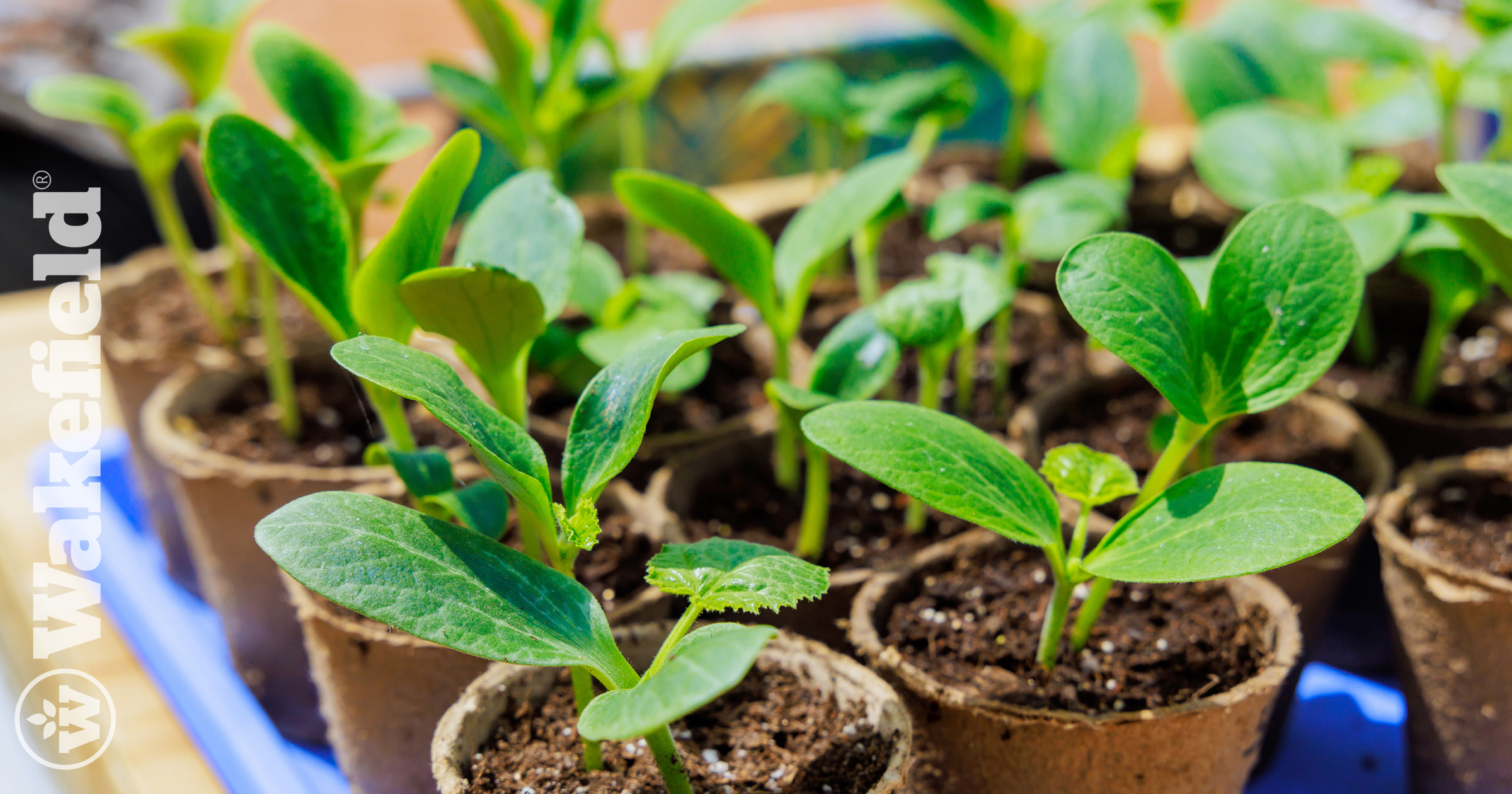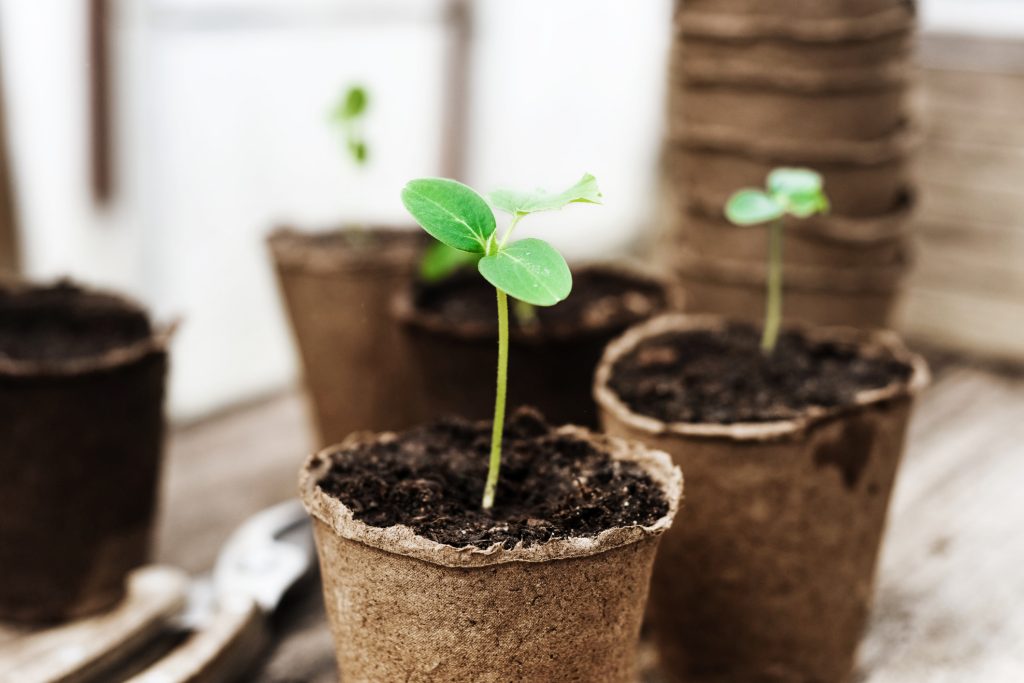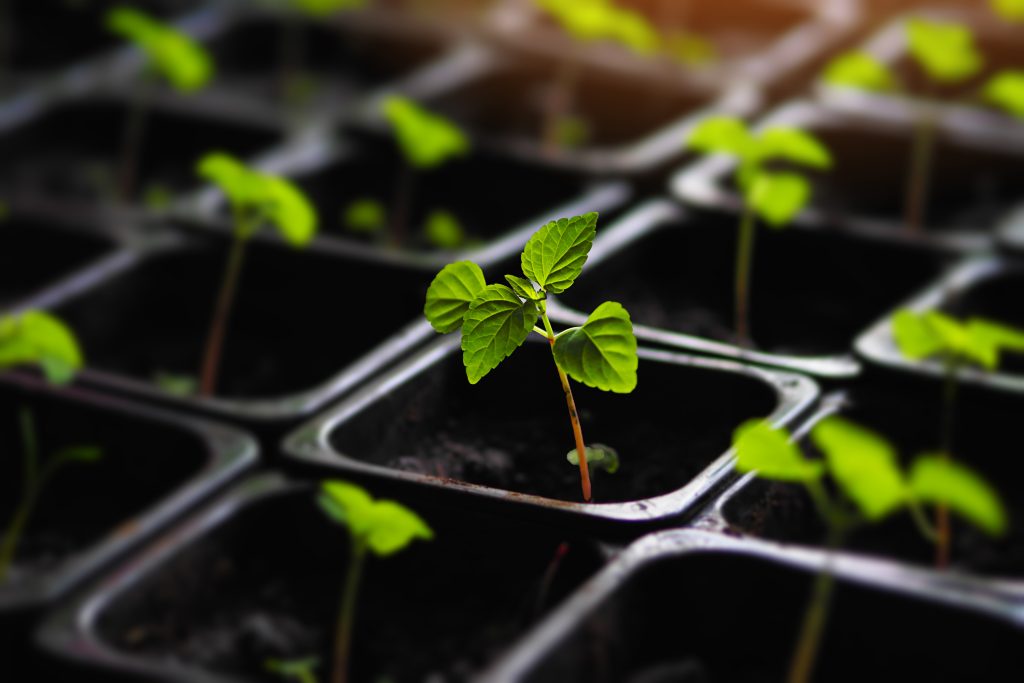How Biochar Helps Seedlings

Starting your garden from seeds is an exciting and rewarding process, but getting those delicate seedlings to thrive can be a challenge. Young plants need the perfect balance of moisture, nutrients, and aeration to develop strong roots and grow into healthy plants. One secret weapon that can give your seedlings a strong start? Biochar.
How Biochar Helps Seedlings
1. Better Moisture Retention
Biochar’s porous structure acts like a sponge, holding onto moisture while allowing excess water to drain. This prevents seedlings from drying out too quickly or becoming waterlogged—two common issues that can stunt growth.
2. Nutrient Absorption and Release
Seedlings need a steady supply of nutrients, but too much at once can overwhelm their fragile roots. Biochar absorbs nutrients and gradually releases them, ensuring that young plants get the right amount of nourishment as they grow.
3. Improved Soil Aeration
Compacted or dense soil can suffocate delicate seedling roots. Biochar’s structure helps loosen the soil, allowing roots to access oxygen more easily and promoting strong development.
4. Enhanced Microbial Activity
Biochar provides a habitat for beneficial microbes that help break down organic matter and make nutrients more accessible to plants. This microbial boost can improve seedling resilience and overall plant health.
5. Reducing Soil Acidity
Many seedlings struggle in overly acidic soil. Biochar has a natural alkalizing effect, helping to balance pH levels and create a more favorable growing environment.
How to Use Biochar for Seedlings
To incorporate biochar into your seed-starting process:
- Mix it into your potting soil. Combine biochar with a seed-starting mix at a ratio of about 10-15% biochar to soil.
- Plant the seeds. Once you’ve prepared your soil mix, plant your seeds as you normally would.
- Water the biochar heavily. For the first few days after planting, water the biochar-enriched soil thoroughly. This allows the biochar to absorb and retain moisture while gradually releasing it to the seedlings.
- Add to garden beds. When transplanting seedlings into your garden, mix biochar into the soil to continue supporting growth.
Give Your Seedlings a Head Start
Whether you’re growing vegetables, flowers, or herbs, strong seedlings set the stage for a productive garden. By incorporating biochar into your seed-starting routine, you can improve moisture retention, boost nutrient availability, and create a thriving environment for young plants. Try adding biochar to your next batch of seedlings and watch them flourish!
Biochar’s ability to optimize soil conditions means your plants are more likely to develop strong roots, resist stress, and produce a bountiful harvest. As gardeners seek sustainable solutions, biochar stands out as a natural way to nurture plants from the very beginning. Start using biochar today and see the difference it makes in your seedlings’ success!







